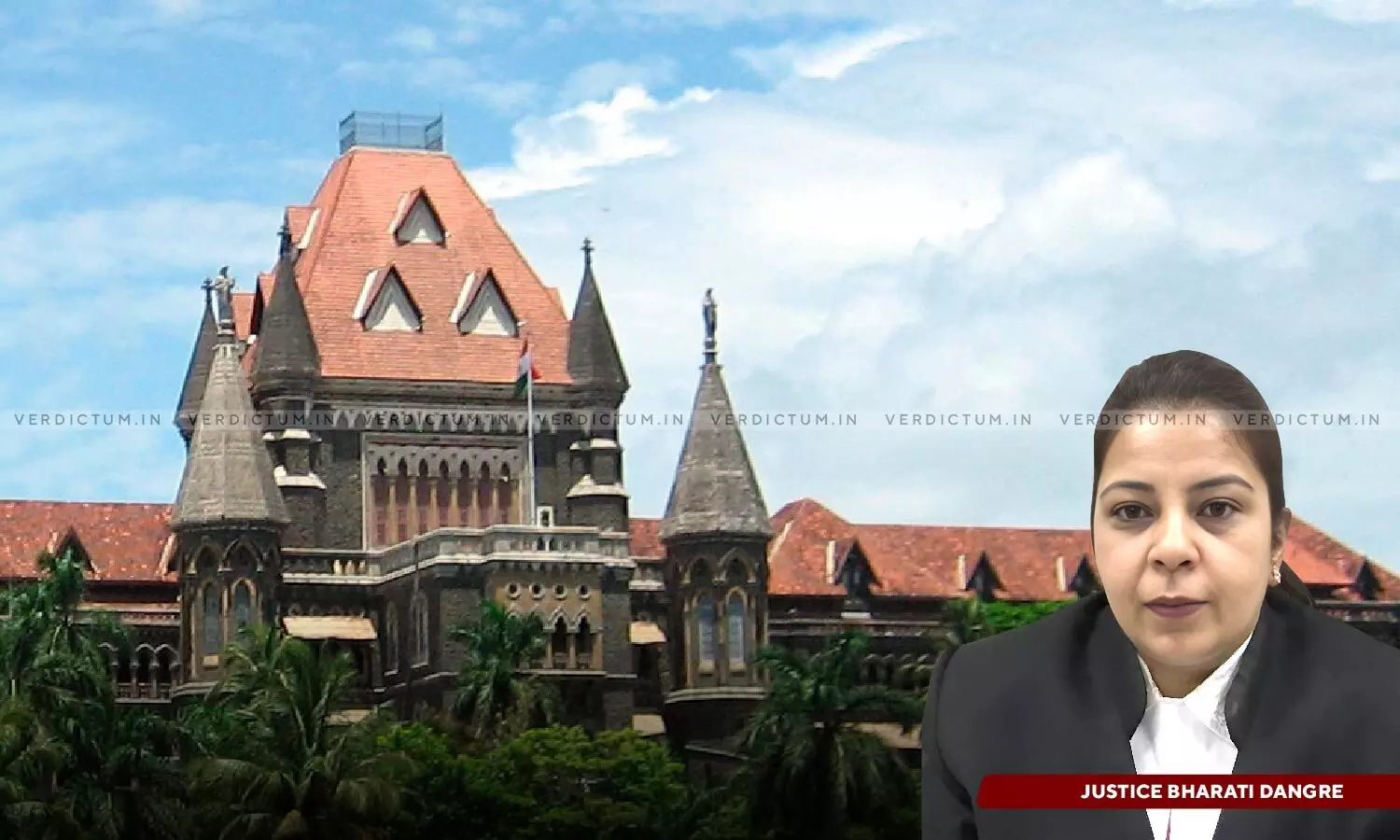
Investigative Journalism Doesn’t Enjoy Any Special Protection; A Journalist Or Reporter Can’t Transgress Limits Of Right To Speech: Bombay HC
 |
|The Bombay High Court observed that an investigative journalism does not enjoy any special protection and hence, a journalist or reporter cannot transgress the limits of right to speech and expression.
The Court observed thus in an interim application filed in a suit by a businessman against the publication of a false information by a journalist.
A Single Bench of Justice Bharati Dangre held, “As a result of position of Law which has evolved in India, the truth of defamatory words is a complete defence to an action of libel and slander, but a Journalist or Reporter is not expected to transgress the limits of his right of speech and expression and cannot claim protection by simply stating that the information, was provided to him by someone and it is in public interest to divulge the same, on the pretext that duty lies in giving out that information to the public. Investigative Journalism definitely does not enjoy any special protection and the umbrage of public interest definitely do not permit a publication, which would amount to lowering down the reputation of any person, in any manner particularly without justifying the publication on the basis of its truthfulness.”
Advocate Mayur Khandeparkar appeared for the plaintiff while Advocate Rizwan Merchant appeared for the defendants.
Factual Background -
The suit was filed by the plaintiff who was engaged in the business of gold trading in Dubai and India, with acclaimed turnover of around Rs. 13,50,00,000/-. This suit projected a classic case of investigative journalism where under the guise of bringing truth before the public, a false, derogatory, and misleading information was published. To prevent such damage, an injunction and other reliefs were prayed for by the plaintiff. One of the defendants was a journalist being alleged to have circulated or uploaded various posts, his own video interview on distinct platforms including YouTube, Twitter, and on Meta Platform Inc.
It was this information in form of videos, post interviews/comments, which was alleged by the plaintiff to be defamatory in nature. He sought damages and compensation in the sum of Rs. 100 crores, apart from the relief of an order of permanent injunction restraining the defendant journalist from printing, publishing, selling, and/or exhibiting, circulating the defamatory articles and videos on any social media platform in public domain. The plaint had impleaded Google LLC, X Corp, and Meta Platform Inc. as Defendants, as direction was sought against them, for removing/deleting the defamatory articles from their web site/web page.
The High Court in view of the facts and circumstances of the case noted, “Just because, the Defendant No.1 is interested in ascertaining the truth or is interested in going to roots of the complaint that is filed, resulting into an FIR, do not necessarily mean that the publication is in public interest and particularly when the complaint is under investigation.”
The Court said that a publication by a Journalist who claims to have exposed many scams definitely do not authorize him to publish a column/ article, which may result into hatred, ridicule or contempt of the Plaintiff and he may not escape the consequences, merely on the pretext that it is in public interest.
“A write up which contain imputations and insinuations against the character of the Plaintiff, particularly when they are baseless and reckless, as in response to the Interim Application, except stating that it is based on the First Information Report and an interview of some third person, no justification is offered, by the First Defendant”, it also noted.
Furthermore, the Court observed that the position in India, being evolved to the effect that it is open for the court to pass a restraint order, but it shall be passed with great caution and the plaintiff must prove that the words complained of, are untrue and any subsequent publication would be malafide.
“The case of the Plaintiff falls within these four corners, as the defence of truth if permitted to be availed at the stage of trial, which in this country will be long wait, would have the desired effect of maligning the image of the Plaintiff and without any sufficient cause/justification being offered by any supporting material”, it added.
Accordingly, the High Court granted reliefs to the plaintiff and restrained the defendant via temporary injunction.
Cause Title- Khanjan Jagadishkumar Thakkar v. Waahiid Ali Khan & Ors.
Appearance:
Plaintiff: Advocates Mayur Khandeparkar and Sanket Mungale.
Defendants: Advocates Rizwan Merchant, Ali Kaashif Khan Deshmukh, Hitanshi Gajaria, Akash Manwani, H. Shukla, Alankar Kirpekar, Ayush Tiwari, Shekhar Bhagat, and Neelaja Kirpekar.